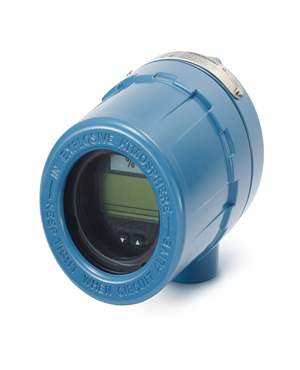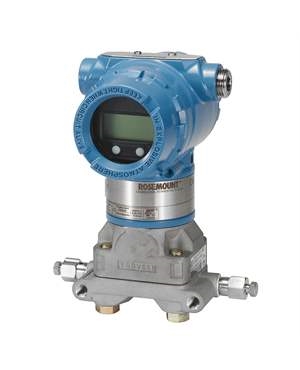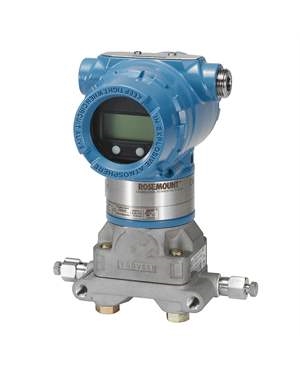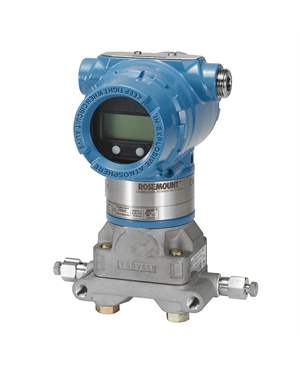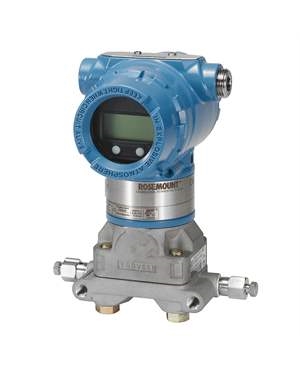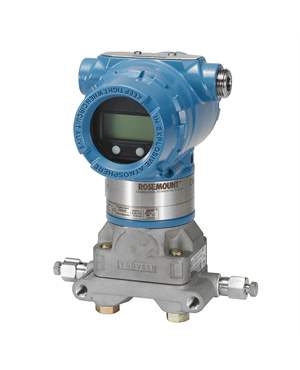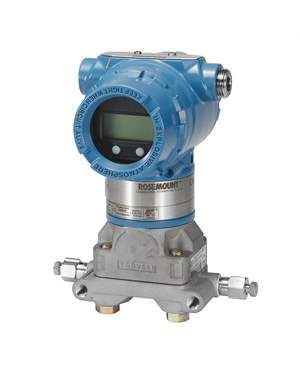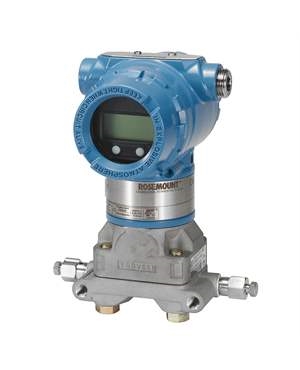Thermowell Types and Tips for Their Selection
Brian Craig
October 05, 2018
Temperature sensors are extensively used across various industries for temperature measurements. These devices are regularly subjected to high pressure, corrosive environments, material velocity, etc. Regular exposure to these environments may damage the sensors, which is why they are guarded using components such as thermowells. Do you want to know what these components are? This post discusses the thermowells in detail.
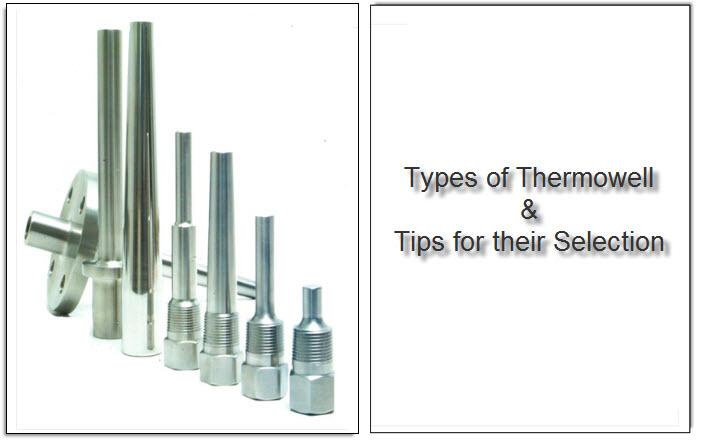
Introduction to Thermowells
According to the American Society for Testing Materials (ASTM), the thermowell is a reentrant tube with closed ends, which can encase the sensor. These devices are equipped with features that ensure tight attachment to a vessel.
Thermowells protect temperature sensors such as thermistors, thermocouples, and bimetal thermometers from the harmful effects of the processes, where they are used.
Know About the Different Types of Thermowells
Thermowells are distinguished according to their process connection or the design of their stem. The following are some popular types of thermowells used across various industries.
- Threaded Thermowells: As the name implies, these thermowells are directly screwed into a thermowell threadolet or into the tapped pipe wall.
- Flanged Thermowells: A flanged thermowell features a flange collar, which located on the mating flange. This mating flange is associated with a pipe nozzle.
- Socket Weld Thermowells: These thermowells may be directly welded into the socket of weldolet. Alternately, these devices may be welded into the pipe wall.
- Weld-in Thermowells: These thermowells are directly welded into the piping or a process vessel.
Tips for Selecting a Thermowell for Your Process Application
As discussed above, there are various types of thermowells available for consideration. However, the choice of the right one will depend on various factors. The following tips will help you make the right selection.
- Selecting the Right Material: These devices can be availed in various materials. The choice of the material is important for the performance, as well as longevity of the device. Again this selection will depend on the type of chemical, flow rate, and temperature to which the thermowell will be exposed. Some chemicals have high corrosive effects at higher temperatures and concentrations. Also, the particles in the fluid may lead to erosion. The following are few important types of materials used for building thermowells:
- Stainless Steel
- Carbon Steel
- Molybdenum/ Chromium Steels
- Titanium
- Inconel®
- Haynes® Alloy
- Monel®
- Incoloy®
- Hastelloy®
Stainless steel is commonly used for the construction of thermowells due to its high corrosion resistance. The use of carbon steels is limited to applications with low pressure and temperature. However, molybdenum and chromium steel is ideal for pressurized vessels, which demand high corrosion resistance. Haynes alloy thermowells are used for carburizing, sulphidizing, and chlorine filled environments.
- Immersion Length: The immersion length, sometimes referred as insertion length, is a distance between the thermowell connection point and the tip. It is always recommended to favor a large insertion length. This helps extend the temperature sensitive portion of the sensor into the medium of measurement.
- Vibration: The thermowells fail due to various reasons. Vibration is one of the important reasons for their failure. One of the common reasons of vibration is the flow of media to the part, where process temperature is being measured. It is important to select the thermowell with high stiffness, because it helps avoid the vibrations.
Thermowells play a key role in the process industry. Hence, it is important that you purchase them from reliable sources like The Transmitter Shop. The Company provides thermowells sourced from industry-leading brands, and also the experts may help you with the selection of the right thermowell for your industrial application.
Related Posts
- Flow Measurement Challenges in Subsea Operations
- Pressure Sensing Sensor Modes of Measurement Key Differences and Benefits
- Electromagnetic Flow Sensors for Abrasive and Corrosive Fluids
- Mass Flow Meters and Their Working Principles
- Best Explosion Proof Switches for Hazardous Environments
- Best Explosion Proof Switches for Hazardous Environments
- Furnace Flame Sensor Faults Everything You Need to Know for Safe Operation
- Pneumatic Pressure Controllers: A Safe Choice for Hazardous Areas
- A Practical Guide to Vacuum Measurement and Operation
- Understanding Electrochemical Detection: Principles, Techniques and Environmental Application
QUICK ENQUIRY
